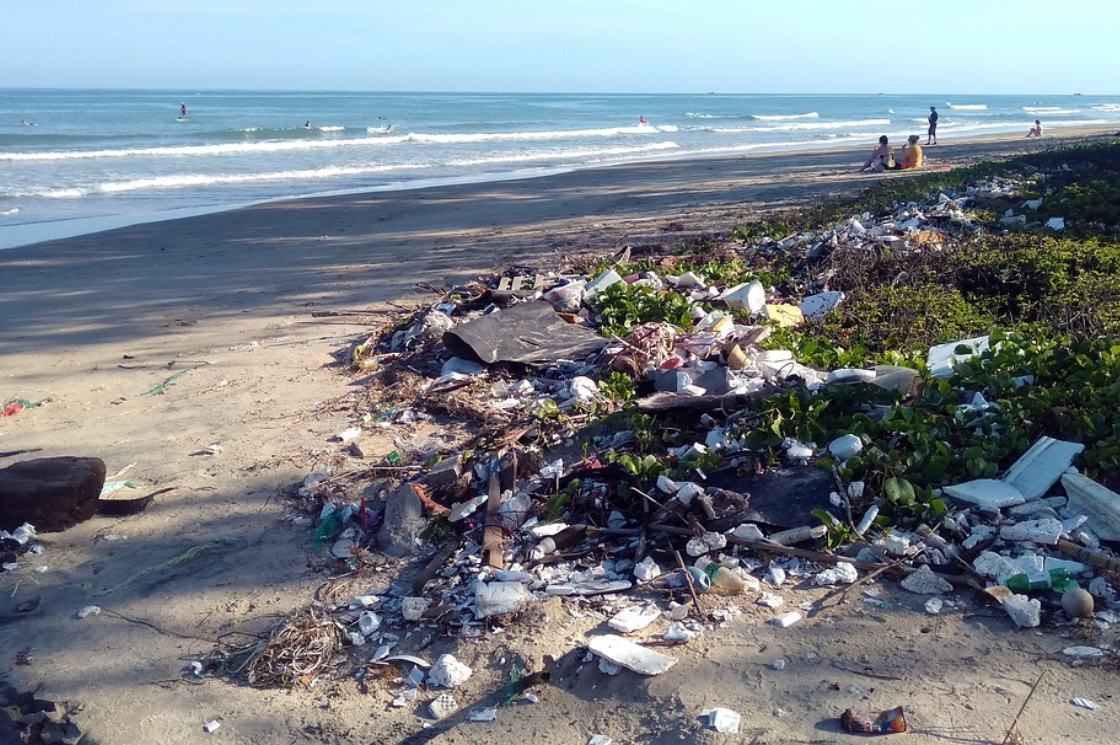
(Photo : Pixaby)
Researchers in Japan have developed an eco-friendly alternative to traditional plastic that completely dissolves in saltwater or seawater within hours, leaving no microplastics behind, according to a report by the BBC.
Existing recyclable plastics do not degrade in water, with some plastic waste taking over 500 years to break down. In contrast, the new alternative developed by scientists at Japan's Riken Research Institute began to dissolve within hours when exposed to saltwater and fully decomposed in soil within 10 days. During its decomposition in soil, the material also released a chemical resembling fertilizers, according to tests.
"With this new material, we have created a new family of plastics that are strong, stable, recyclable, can serve multiple functions, and importantly, do not generate microplastics," Takuzo Aida, the leader of the study, stated to the publication.
Japan is one of the world's largest producers of plastic waste, largely due to its cultural emphasis on packaging. Azby Brown, author of Just Enough: Lessons from Japan for Sustainable Living, Architecture, and Design, explained to the publication that this obsession with packaging is rooted in cultural values tied to "presentation and respect, particularly when giving gifts." The practice of wrapping items reflects "the regard you have for the other person." In the modern retail environment, packaging signifies good customer service, as "customers expect it," Brown added. "People want to ensure that food is protected, not damaged or contaminated, and the idea of cleanliness holds great importance here."
Global Implications
Japan's development of eco-friendly, dissolvable plastic could serve as a model for other countries, encouraging a global shift towards sustainable materials and reducing reliance on traditional plastics. With plastic pollution posing a severe threat to marine life and ecosystems, this innovation is especially crucial. Millions of tons of plastic waste enter oceans annually, harming marine species and disrupting ecosystems. By adopting biodegradable alternatives like Japan's, nations can significantly reduce oceanic plastic waste, contributing to cleaner oceans and protecting biodiversity. This breakthrough offers a potential solution to one of the most pressing environmental challenges facing the planet today.
* This is a contributed article and this content does not necessarily represent the views of btin.co.in









